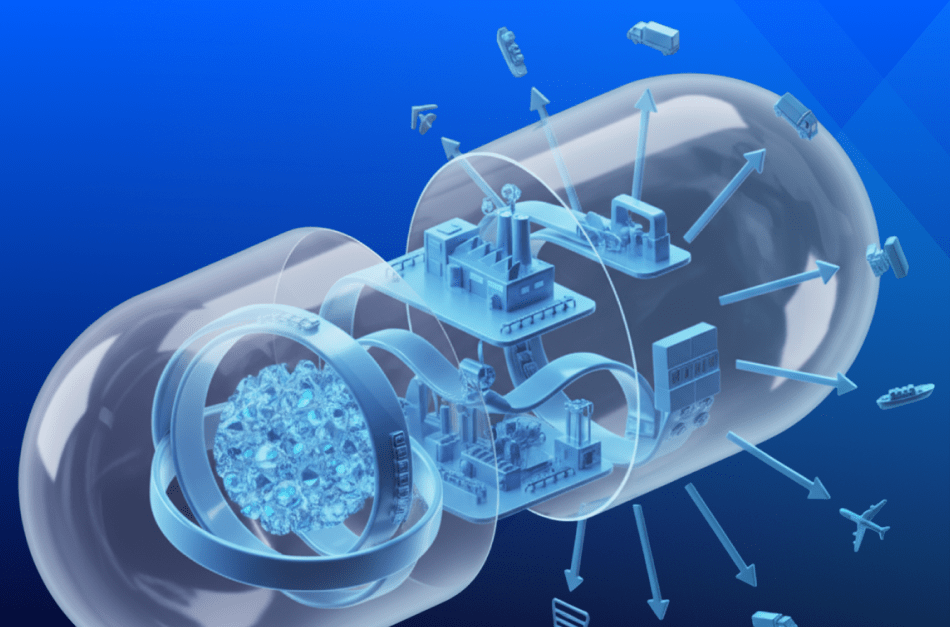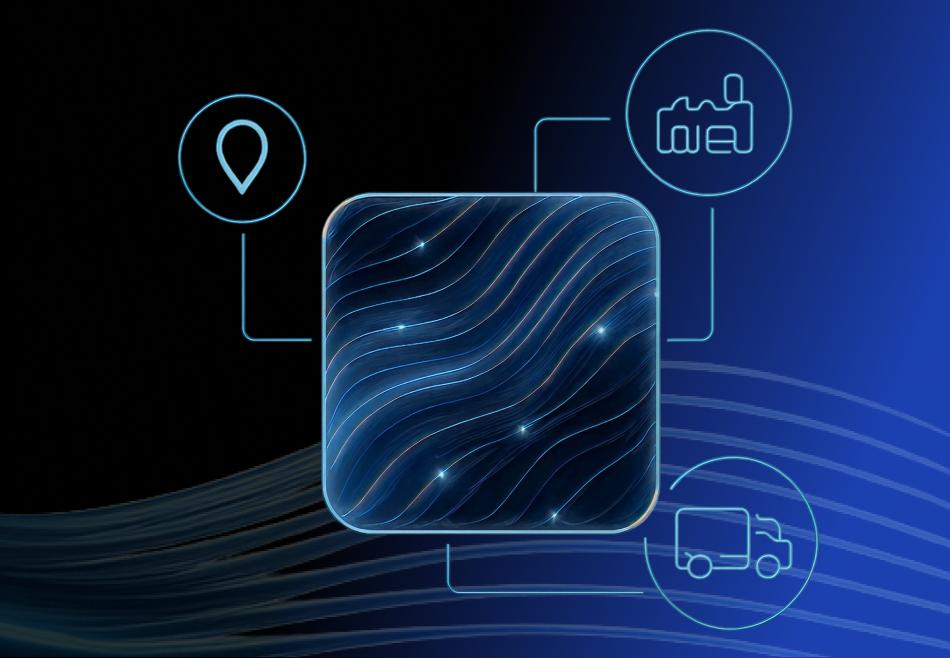At a Glance
- 2020 has been a rollercoaster ride for organizations. Companies are figuring out systems to handle remote work, disrupted supply chains, sudden changes in raw material prices, an onslaught of data, and labor shortage significant challenges globally. Many of these companies got their tasks streamlined and optimized in these times with ERP systems.
- Going forward, ERP in 2021 will be a gateway towards more flexible and agile systems which will enable companies to aim for zero downtime, improved resource functionality, and overall better process optimization.
- Innovation is the key to ERP’s growth, and the current trends are pointing towards organizations’ keenness for out-of-the-box ERP applications.
Organizations worldwide integrate ERP into their IT infrastructure for operational efficiency, data management, finance and accounting, and process automation. The digitization of an enterprise through newer ERP solutions raises an organization’s performance and dexterity.
ERP has come such a long way from its early inception days that the older versions are quickly becoming obsolete. Companies are moving from legacy to newer ERP platforms to gain traction in the digital ecosystem.
According to the Panorama Consulting Solutions’ 2018 ERP Report, 49% of companies (USA, EU and Asia) reported improved business after ERP implementation.
With such a tremendous success rate, it is no wonder that majority of companies have either implemented or are looking to implement ERP. However, like any other technology, it is essential to keep on top of ERP systems’ features and solutions. Here’s a look at the top 5 ERP technology trends that companies need to watch out for:
1.Integration with AI and its positive impact: Gone are the days companies would look at artificial intelligence (AI) and ERP systems separately. The upcoming ERP comes integrated with AI and offers smooth functionalities in various functions such as efficient accounting, report generation, warehouse/ inventory management, customer service betterment, and more. Another positive impact of ERP systems integrated with AI is that it helps process automation and can save manual labor efforts and cost. This can serve as a boon for companies struggling with workforce shortage due to the Covid-19 pandemic.
2.Cloud Acceleration: Another upcoming ERP trend is the much-talked-about cloud acceleration feature, wherein organizations (or individuals) will be able to expedite data delivery to respective nodes with the help of a smart ERP system. A cloud ERP system also enables organizations to seamlessly go along the digital transformation journey with real-time data feeds and verifications.
3.Agile ERP to Support an Agile Organization: Most companies are asked today if they are agile? To be agile and get away from the conventional waterfall method (where one function would complete the task before moving to the next), companies will delve into agile ERP. An agile ERP will support co-existence and concurrent working of multiple functions with a centrally accessible database. This will help companies reduce and expedite iterations, preempt and avoid operational glitches, and better manage their processes.
4.Customer-focused ERP: The business landscape is changing with digitization. Companies can now reach their customers directly and get honest reviews about their services/ products, thanks to various online platforms. Thus, in the year 2021, ERP will play an essential role in strengthening this connection and taking it in the right direction by generating alerts, reducing response time, and improving overall customer satisfaction for a company.
5.ERP aiding persona Marketing: Organizations worldwide are trying to make the most of their digital marketing spend by optimizing R&D about a customer/ prospect demographic. Cloud-based ERP systems can prove vital in that facet by serving as the data-gatherer and insight generator systems for a better, faster, and more accurate understanding of the customer’s preferences. Not many enterprises know the immense value that the current sales/ customer data provides to cross-sell/upsell/sell new products to existing customers or prospective customers within the same demographic. ERP systems can effectively streamline backend data and provide trends to aid digital marketing.
Figure 1: The Future of ERP: Comparing Features

The past year has seen numerous benefits of ERP in different business processes. A trusted ERP system such as the Microsoft Dynamics 365 Finance and Operations will be instrumental in helping companies manage operations efficiently. This ERP software is designed for today and the future, and it encompasses cutting-edge features that help fulfill your organization’s digital transformation quest.
New-age ERPs release updates to stay current in the market, and it is essential to upgrade by assessing the latest feature sets in the latest versions. Getting ERP consultants and experts on board can also help you in continuously improving your ERP system to adapt to the latest trends.
Key Takeaways
- To stay ahead in the digital era, organizations need to keep up with the trends of cutting-edge software like the ERP.
- The current and coming years will see further integration of various digital technologies into ERP to provide a comprehensive system that benefits both companies and customers.
- The future and growth of ERP lies in digitization, agility, and enhanced process optimization features. Companies from various industries will need to upgrade their ERP systems to reap these features’ full benefits in the coming times.
Make the Move to Microsoft Dynamic 365
A Pilot program is risk-free and a good way to evaluate Dynamics 365 Finance and Operations. Team-up with us and protect your investment on a no-obligation engagement.








